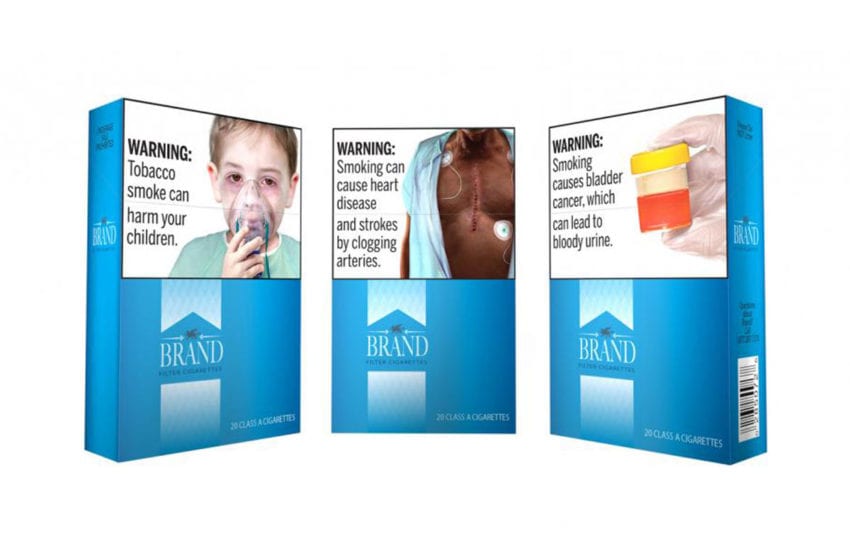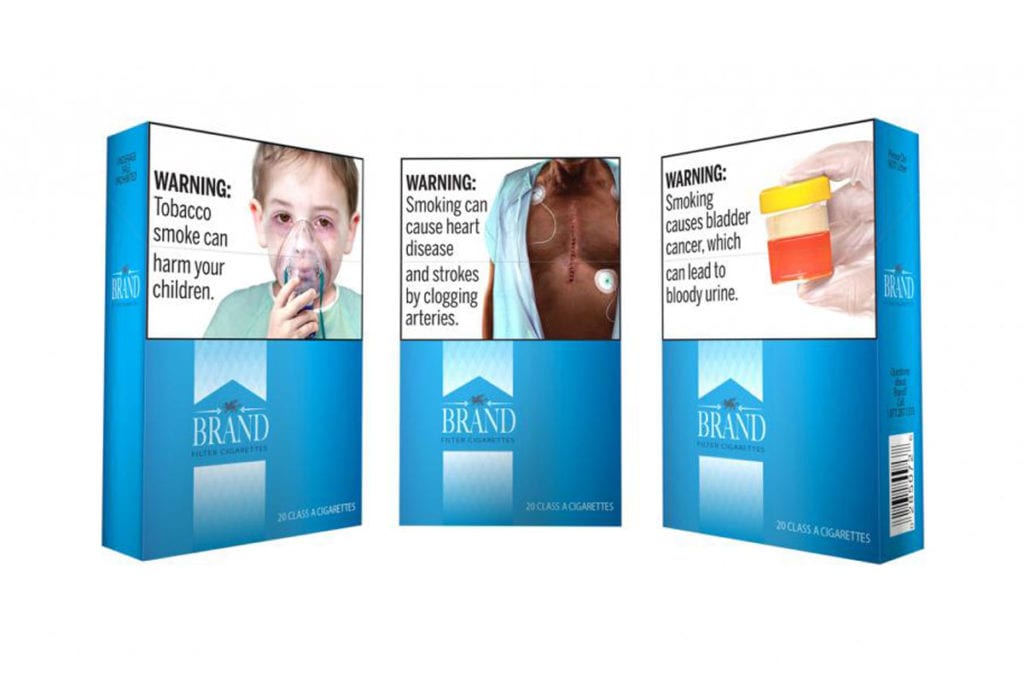U.S. Graphic Warnings Postponed Again
- News This Week Packaging
- December 3, 2020
- 0
- 3 minutes read


A Texas federal court Wednesday further postponed the effective date of the U.S. Food and Drug Administration’s (FDA) new requirement for graphic warning labels on cigarette packs to January 2022, reports Law360.
In his ruling, U.S. District Judge J. Campbell Barker sided with the tobacco industry, which argued that questions over the validity of the rule remain unanswered. A hearing for pending motions for summary judgment and motion for a preliminary injunction is scheduled for next week,
In November, R.J. Reynolds Tobacco Co., Liggett Group and ITG Brands, along with cigarette retailers, asked for the postponement. The companies argued they would suffer irreparable harm if they were forced to spend millions of dollars to comply with a rule that will soon be invalidated.
“These expenditures of resources for the purpose of meeting the rule’s requirements constitute irreparable harm because plaintiffs cannot recover money damages should the rule and/or the graphic-warning requirement in the Tobacco Control Act be invalidated,” the companies stated.
Barker has already pushed the rule’s effective date back once due to the coronavirus pandemic, at the request of tobacco companies and the FDA. In a May 8 order, the judge delayed the effective date from June 18, 2021, to Oct. 16, 2021.
In March, the FDA released a final rule requiring new graphic warnings for cigarettes that feature some of the lesser-known health risks of smoking, such as diabetes, on the top half of the front and back of cigarette packages and at least 20 percent of the area on the top of cigarette advertisements.
The warnings include statements that tobacco smoke can harm children and that smoking can cause bladder cancer and neck and head cancer.
In April, the cigarette manufacturers and retailers sued the FDA, arguing that the graphic warning requirements amount to governmental anti-smoking advocacy because the government has never forced makers of a legal product to use their own advertising to spread an emotionally charged message urging adults not to use their products.
